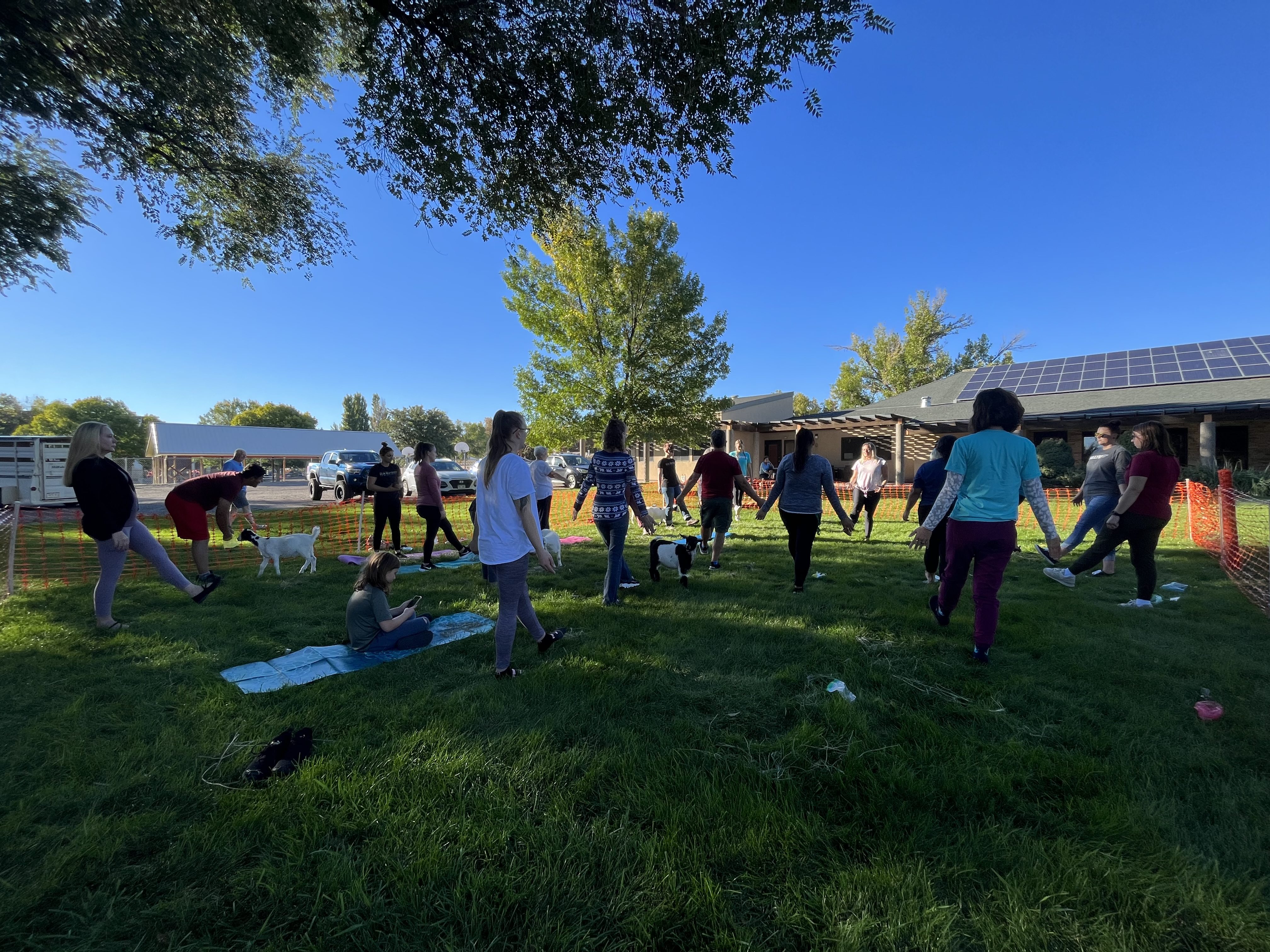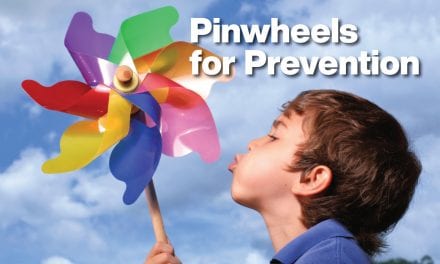
INFLUENZA
- The flu is a highly contagious disease that can affect the lungs leading to serious illness including pneumonia
- Influenza is spread from person to person primarily through large particle respiratory droplet transmission from coughing or sneezing
- Contact with respiratory droplet contaminated surfaces is another possible source of transmission
- Most diseases are spread person to person via hand, eye, nose and mouth
- The typical incubation period to develop influenza is 1 to 4 days
- Adults shed the virus from the day before symptoms begin through 5 to 10 days after illness onset
- Children shed the virus several days before illness onset and can be infectious for 10 or more days after onset of symptoms
- Influenza viruses cause disease in persons of all age and ethnicity groups
- Children, seniors, people with disabilities, asthma, diabetes or other chronic diseases are at high risk from flu related complications.
SYMPTOMS:
ABRUPT ONSET OF FEVER, CHILLS, COUGH, HEADACHE, RUNNY OR STUFFY NOSE, SORE THROAT, MUSCLE AND JOINT PAIN, AND FATIGUE. SOME PEOPLE WILL HAVE NAUSEA AND VOMITING AND RESPIRATORY SYMPTOMS WITHOUT A FEVER
PREVENTION
- Get a flu shot every year. Employees at the Fountains, Commons and Home Care and LAP are now mandated to receive the flu vaccination every year. Staff working in these facilities that can not receive the flu shot must wear a mask at work from October through March
- Flu shots are offered to employees at no cost. Vaccination of staff will begin this fall in September. Be sure to add this under Activity Tracking, Flu Vaccine to collect your wellness points
- Beware the sneeze-viruses are spread by physical contact. Practice the elbow sneeze if a tissue isn’t handy. Do the same when coughing.
- Wash your hands often with soap and water. If soap and water are not available, use an alcohol-based hand rub
- Avoid touching your eyes, nose and mouth. More than 200 viruses case the common cold, which pass easily through the mucus membranes
- Avoid close contact with sick people
- If your or your child gets sick with a respiratory illness, limit contact with others.
- STAY home for at least 24 hours AFTER the fever is gone without use of a fever reducing medicine
- Routinely clean frequently touched objects and surfaces
- Embrace your inner germophobe. Train yourself to think in terms of public services-anything anyone else touches (backs of chairs, your steering wheel, books/magazines etc.)
- Get adequate sleep, there’s evidence that sleep boosts immune function
- Stay well hydrated. Dry mucus membranes are more susceptible to germs
- Take your vitamins. Vitamin D supports immune function





